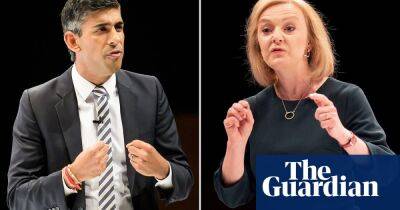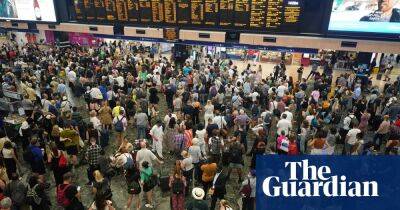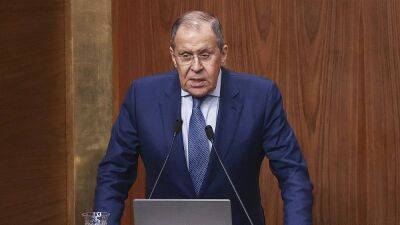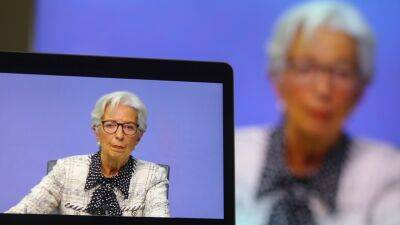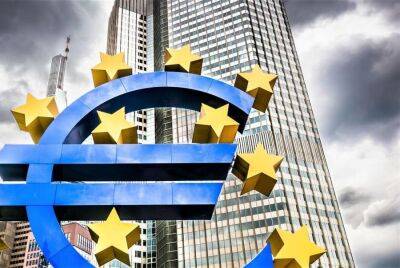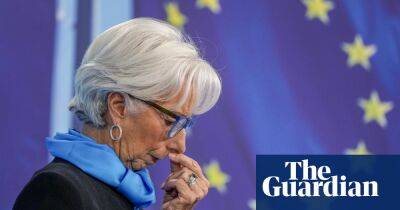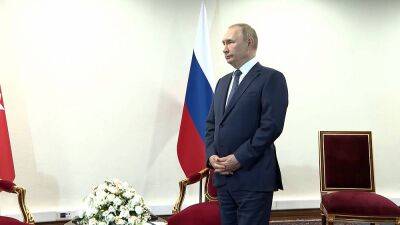ECB hikes interest rates for first time in 11 years by larger-than-expected amount
The European Central Bank has raised interest rates for the first time in 11 years by a larger-than-expected amount, joining steps already taken by other major central banks across the world to target stubbornly high inflation.
The move, announced on Thursday, raises new questions about whether the rush to make credit more expensive will plunge major economies into recession at the cost of easing prices for people spending more on food, fuel and everything in between.
The ECB’s surprise hike of half a percentage point for the 19 eurozone countries is expected to be followed by another increase in September, possibly of another half a point. The bank's President Christine Lagarde had indicated a quarter-point hike last month.
The bigger hike was justified by an “updated assessment of inflation risks,” the ECB said, and means the bank leaves an era of negative interest rates.
“Economic activity is slowing. Russia’s unjustified aggression towards Ukraine is an ongoing drag on growth," Lagarde said at a news conference following the announcement. “The impact of high inflation on purchasing power, continuous supply constraints and higher uncertainty are having a dampening effect on the economy. Taken together, these factors are significantly clouding the outlook for the second half of 2022 and beyond."
Thursday's decision means the ECB joins the likes of the US Federal Reserve and other major central banks in raising interest rates. The move reflects a rate of inflation that turned out to be higher and more stubborn than first expected, the dubious state of an economy heavily exposed to the war in Ukraine, and a dependence on Russian oil and natural gas.
Recession predictions have increased for later this year and the following
Read more on euronews.com

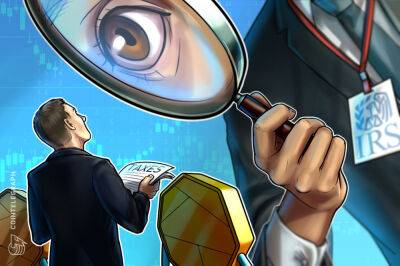

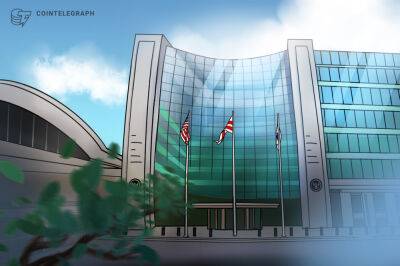
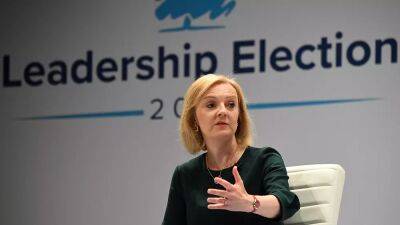

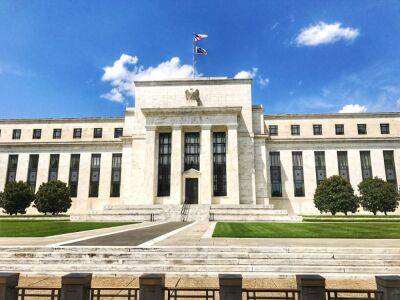
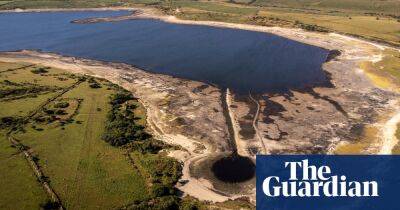
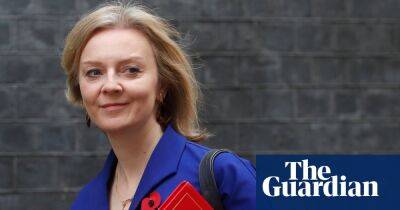
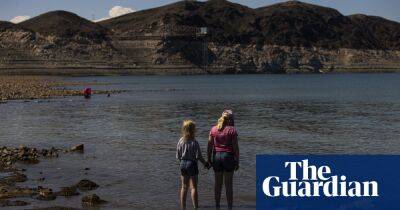

![Cardano [ADA] can surpass the $1 mark if this condition is met](https://finance-news.co/storage/thumbs_400/img/2022/8/16/37413_dd8u.jpg)


